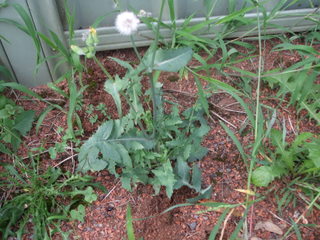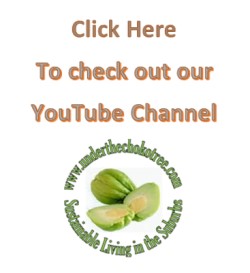If you want to forage wild herbs to add to your larder, that is a great thing, but to make sure that you do it in a manner that does not introduce unnecessary risk or difficulties there are a few simple rules you should follow –
- Before you harvest and consume a wild herb, ensure that you have absolutely identified it. This should not be difficult but there are cases where it is possible to mistake a toxic relative for the target plant so it is better to be sure than sorry.
- Be careful when harvesting wild herbs from parks and roadsides due to council’s use of herbicides, pesticides and chemical fertilisers. It is also possible for roadside weeds to accumulate toxins produced from automobiles, less of an issue now that we no longer use leaded petrol but toxin absorption is still potentially a source of concern.
- Don’t take the entire plant. If you are going to use the leaves than harvest some leaves rather than uprooting the entire plant so that a supply is left for others to use or for yourself at a later time. Obviously if there is a field of the stuff growing, this is less problematic than if there are just a couple of specimens.
- If, after being in contact with wild herbs, you start to show symptoms of irritation or allergy like hives, redness and/or itchiness do not consume the herb or handle it anymore and get checked out by a doctor.
- Don’t trespass! If there are wild herbs you wish to harvest growing on land which is obviously privately owned ask first. This prevents acute cases of lead “poisoning”.
- Wherever you gather your wild herbs from always wash them before processing them or consuming them in any form, at the very least it will get rid of any dust and dog pee.
- While many wild herbs are safe to consume, some may be unpalatable and not worth your time and effort to harvest, clean and cook so when starting out with a new herb, start small.
- Always gather only healthy plants that don’t show any signs of disease or pest infestation.
Keep the above in mind when you go wandering but don’t let it put you off gathering and using wild herbs to supplement your diet. Wild herbs have no food miles associated with their production, cost nothing and quite often provide high quality nutrition so go for it! Just make sure you do your homework first.



